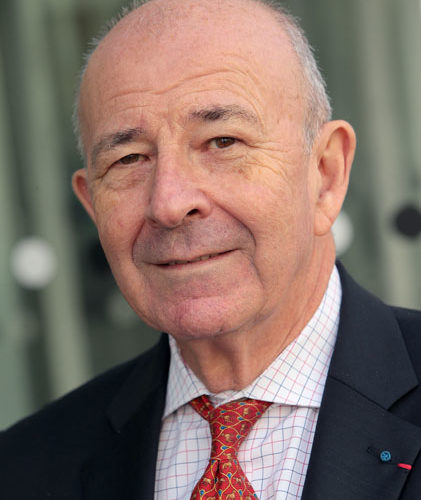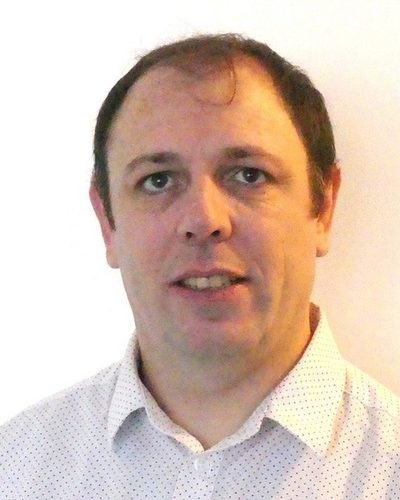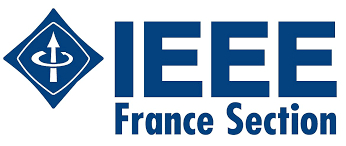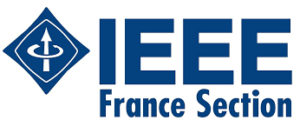NTMS 2025 Keynotes
Keynote #1
Title: AI and Queueing Theory Combine Forces for the Detection and Mitigation of Cyberattacks
Abstract: Gateway Servers for the Internet of Things, used in critical application areas such as the Internet of Vehicles and health monitoring, must meet stringent Security and Quality of Service (QoS) requirements, offering cyberattack protection with fast response and minimal loss of benign data. Therefore, it is vital to protect these systems with effective traffic shaping, accurate Attack Detection (AD) and Mitigation mechanisms. We will first demonstrate online and federated learning techniques that accurately detect attacks. Measurements of packet floods that convey a cyberattack will be shown to impair the QoS at the Gateways and impede their capability to carry out AD. Using Queueing Theory, we will show that the novel traffic shaping method QDTP will ensure that a Gateway can allow AD to operate promptly during an attack. A new Adaptive Attack Mitigation (AAM) system will be introduced to sample the incoming packet stream, determine whether an attack is ongoing, and dynamically drop batches of packets at the input to reduce the effects of the attack, and minimise the AD overhead and the cost of lost benign packets.
References: Our papers related to this talk appear in the IEEE Internet of Things Journal (2025), Internet of Things (Elsevier, 2024), Information Fusion (Elsevier, 2025), Computers and Industrial Engineering (Elsevier, 2024), Performance Evaluation (Elsevier, 2024), IEEE Trans. on Security and Information Forensics (2024), and IEEE Network (Online 2024, and 2025), IEEE Access 2022, 2023

Erol Gelenbe
(FIEEE FACM FIFIP Institute of Theoretical & Applied Informatics, Polish Academy of Sciences, King’s College London & CNRS I3S, Université Côte d’Azur, Nice, France )
Bio: Prof. Erol Gelenbe, MAE FIEEE FACM FIFIP FRSA FRSS FIET graduated from METU (Ankara), is an expert on System and Network Performance, Cybersecurity and AI. He proved basic mathematical performance results on page fault rates, random access channels, multi-path communications, and optimum database checkpoints, and was involved in the development of commercial performance tools such as QNAP2 and Flexsim. He invented G-Networks with product form solutions, the Random Neural Network, and introduced diffusion approximations for queueing systems with reflecting boundaries. He received a PhD from the Tandon School of Engineering, New York University, and the State Doctorate in Mathematical Sciences from the Sorbonne (Paris). A Professor at the Institute of Theoretical and Applied Informatics, Polish Academy of Sciences, he graduated over 90 PhDs and was awarded the honours of Chevalier de la Légion d’Honneur, Commander of Merit of France and Italy, Commander of the Order of the Crown of Belgium, and Officer of the Order of Merit of Poland. A Fellow of the National Academy of Technologies of France, of the Science Academies of Belgium, Poland and Turkey, Honorary Fellow of the Hungarian Academy of Sciences (Budapest) and the Islamic Academy of Sciences (Amman), he Chairs the Informatics Section of Academia Europaea. He won the ACM SIGMETRICS Lifetime Award, the Mustafa Prize, the Grand Prix France-Télécom of the French Science Academy, the IET Innovation Award (Oliver Lodge Medal), and other prizes.
Keynote #2
Title: Are current privacy attacks to artificial intelligence really so alarming?
Abstract: In this talk, I will first give an overview of privacy attacks against machine learning. Then I will examine proposed privacy defenses. Among these, the most common rely on noise, and they are problematic both regarding accuracy and security. I will end by exploring how effective are privacy attacks in reality. In fact, their current limited effectiveness casts doubts on how justified is the cost of privacy defenses in terms of accuracy, security, and regulatory compliance for the EU AI industry.

Josep Domingo-Ferrer
(Universitat Rovira i Virgili, Tarragona, Catalonia, and LAAS-CNRS, Toulouse, France)
Bio: Josep Domingo-Ferrer (Fellow, IEEE and Distinguished Scientist, ACM) received BSc-MSc and PhD degrees in computer science (Autonomous University of Barcelona), a BSc-MSc in mathematics (UNED) and an MA in philosophy (U. Paris Nanterre). He is a distinguished full professor of computer science and an ICREA-Acadèmia research professor at Universitat Rovira i Virgili, Tarragona, Catalonia, where he also leads CYBERCAT (Center for Cybersecurity Research of Catalonia). He is currently also affiliated as an invited professor with LAAS-CNRS, Toulouse, France. His research interests include data privacy, data security, trustworthy machine learning, and ethics in IT.
More details: https://crises-deim.urv.cat/jdomingo
Contact him at josep.domingo@urv.cat
Keynote #3
Title: Threats from electromagnetic interaction: overview and practical aspects
Abtsract: Electromagnetic security relates to risks arising from interaction between an electronic device processing sensitive information and its electromagnetic environment.
While physical cryptanalysis or fault injection on components are quite well known from information security specialists, other threats considering an attacker in physical proximity exploit such interaction.
As such, TEMPEST, IEMI, among other funny codenames can be seen as device level counterparts of these component level threats.
In this keynote, an overview of threats considered in electromagnetic security will be proposed in order to allow a better understanding of threat models discrepancies.
Then, practical considerations will be discussed, both from the offensive and defensive viewpoints.

Emmanuel Cottais
(Agence Nationale de la Sécurité des Systèmes d'Information (ANSSI), France)

Jose Lopes Esteves
(Deputy Head of the Wireless Security Lab at Agence Nationale de la Sécurité des Systèmes d'Information (ANSSI), France)
Bio: Emmanuel Cottais received his degree in electronics engineering from the Polytechnic School of the University of Nantes (Polytech’Nantes) in 2002, and a PhD in electronics from the University of Nantes in 2005. After developing an interest in digital communications, he joined ANSSI in 2016 and currently holds the position of expert in electromagnetic security. His research activities focus on the risks associated with electromagnetic waves on information security.
Bio: José Lopes Esteves is the deputy head of the Wireless Security Laboratory at the ANSSI, the French Cybersecurity Agency. He holds a PhD in computer science from HESAM University and CNAM Paris and focuses his research on the exploitation of intentional electromagnetic interference on electronic devices and the security of wireless protocols and embedded systems. He is VP of the commission E for France at the International Union of Radio Science (URSI) and an active member of the IFIP WG11.2.










